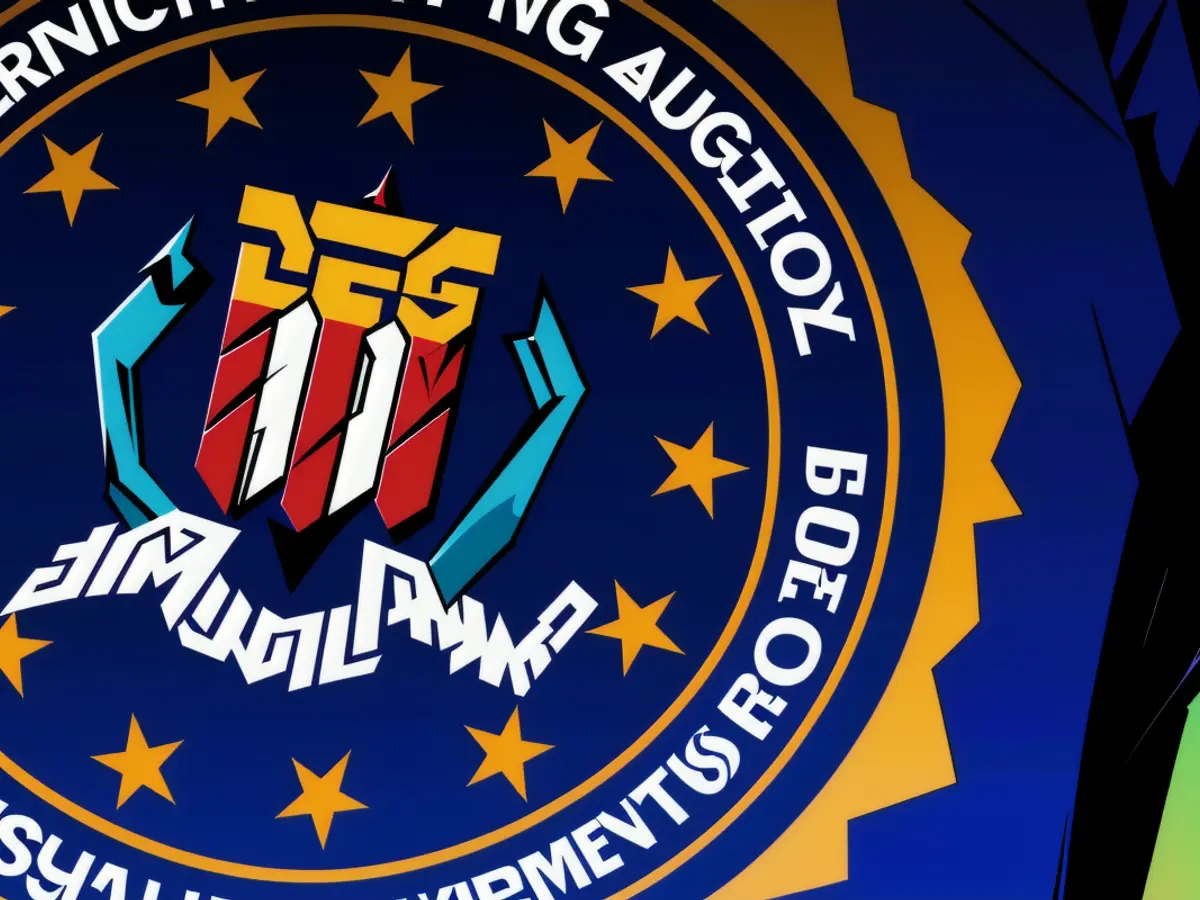The Merge of Decentralized Artificial Intelligence - Aligning Blockchain and AI Technologies
In the dynamic world we live in, the digital assets sector is experiencing a massive transformation, courtesy of generative AI (GenAI) and its intriguing alliance with blockchain technology. These two groundbreaking technologies are redefining industries and reshaping the way businesses operate. As organizations jump on the GenAI bandwagon, they must navigate complex issues like privacy, security, and protecting intellectual property to dodge legal hurdles while capitalizing on the transformative potential of AI platforms.
However, the arrival of decentralized AI (deAI) - a frontier at the intersection of blockchain and AI - adds another layer of intricacy to AI governance and engagement in the fast-expanding AI ecosystem in general. Propelled by AI crypto tokens, deAI platforms introduce new challenges and opportunities, making governance frameworks more crucial than ever.
DeAI Essentials
deAI seamlessly integrates AI with blockchain technology, often relying on AI crypto tokens to facilitate transactions within its ecosystems. These tokens perform multiple roles, such as granting access to AI-driven services like predictive modeling, incentivizing participation in collaborative networks, and enabling token holders to partake in decision-making processes.
Depending on the use case, deAI ecosystems can provide several benefits over centralized GenAI platforms like OpenAI's ChatGPT, Anthropic's Claude, or Google's Gemini. In particular, with respect to:
- Transparency: The underlying blockchain technology ensures real-time visibility of transactions and activities.
- Decentralized Control: Power is distributed, which reduces the risk of central entities gaining disproportionate control over the ecosystem.
- Inclusivity: Developers, users, and even autonomous AI agents can collaborate and learn from one another on a shared network.
Notable deAI projects leveraging these advantages include SingularityNET (AGIX), which claims to be the largest open-source entity in AI research and development, pursuing the acceleration of deAI, and Fetch.ai (FET), which offers a marketplace to build, search, discover, and connect with autonomous AI agents. As these platforms grow, understanding their benefits and challenges, especially compared to centralized AI, is vital for businesses aiming to leverage AI and blockchain technologies.
Legal Tensions Surrounding Data Rights Spurred deAI Development
Besides its advantages, deAI presents unique considerations to AI governance, especially concerning intellectual property (IP) and data ownership. Recent copyright disputes involving centralized AI models like ChatGPT emphasize the tensions between companies reaping benefits from massive datasets used to train AI algorithms and the data providers. These disputes have led to seminal lawsuits, with creators alleging that their works were used to train GenAI models in ways that infringe copyright and other laws.
deAI platforms, powered by AI crypto tokens and underpinned by blockchain technologies that prioritize user control, have shown promise in limiting or altogether avoiding these IP and data ownership disputes by giving users more control over their data and fair compensation for contributors. For instance, Sahara AI combines blockchain with AI to create a decentralized platform where users can collaboratively create, monetize, and control AI models, datasets, and applications. By rewarding contributors, Sahara AI aims to shift away from traditional data models that primarily benefit the company controlling the AI.
DeAI Legal Governance
deAI promises transparency and the ability to alleviate legal tensions over data rights throughout the AI lifecycle. Furthermore, by decentralizing control through the use of blockchain technology, proponents assert that deAI will be pivotal in creating more inclusive AI ecosystems, helping bridge the economic divide between AI "haves" and "have-nots." However, deAI also faces significant governance challenges, particularly in dealing with regulatory compliance and confronting the inherent risks of decentralized management.
Unlike traditional AI platforms, which operate under centralized control, deAI platforms often fall into regulatory gray zones. Most existing laws, such as the comprehensive consumer privacy regulations enacted in over a dozen U.S. states, assume the existence of a centralized entity - referred to as the "controller" - that can be held accountable for data protection and compliance. Decentralized ecosystems, governed by consensus protocols rather than a single controlling entity, can conflict with this framework. Without a clear "controller," decentralized platforms may struggle to conform to the relatively mature legal standards that, to date, have been designed primarily with centralized systems in mind.
Beyond the application of arguably inappropriate legal and regulatory standards, technical and operational challenges may also impede deAI adoption. Scalability remains a considerable hurdle, as the underlying blockchain infrastructure of decentralized platforms often struggles to process large-scale AI applications efficiently. Coupled with the complexities of managing decentralized ecosystems, these limitations could slow the adoption of deAI models compared to their centralized counterparts.
The question remains whether deAI can surmount these obstacles to challenge the current dominance of centralized GenAI platforms. By resolving these governance and scalability issues, deAI projects have the potential to redefine the AI landscape, but achieving this vision will require innovative solutions and cautious navigation of the regulatory environment.
Conclusion
The fusion of GenAI and blockchain technology brings both significant potential and a certain amount of uncertainty. To harness the benefits of deAI, organizations must adopt governance frameworks tailored specifically to address the legal, ethical, and practical challenges of decentralized AI platforms and technologies.
As deAI reshapes concepts of ownership and collaboration, its ability to rival centralized platforms remains to be seen. For now, prioritizing transparency, accountability, and forward planning is crucial to navigating this evolving landscape responsibly.
- The AI crypto tokens that deAI platforms use facilitate various roles, such as granting access to AI-driven services, incentivizing participation, and enabling token holders to participate in decision-making processes.
- deAI ecosystems, with their focus on transparency, decentralized control, and inclusivity, present benefits over centralized GenAI platforms like OpenAI's ChatGPT or Google's Gemini, especially in terms of data ownership and control.
- DeAI platforms, which prioritize user control and fair compensation for contributors, have the potential to alleviate legal tensions over data rights that have arisen in centralized AI models, as demonstrated by Sahara AI's decentralized platform.






